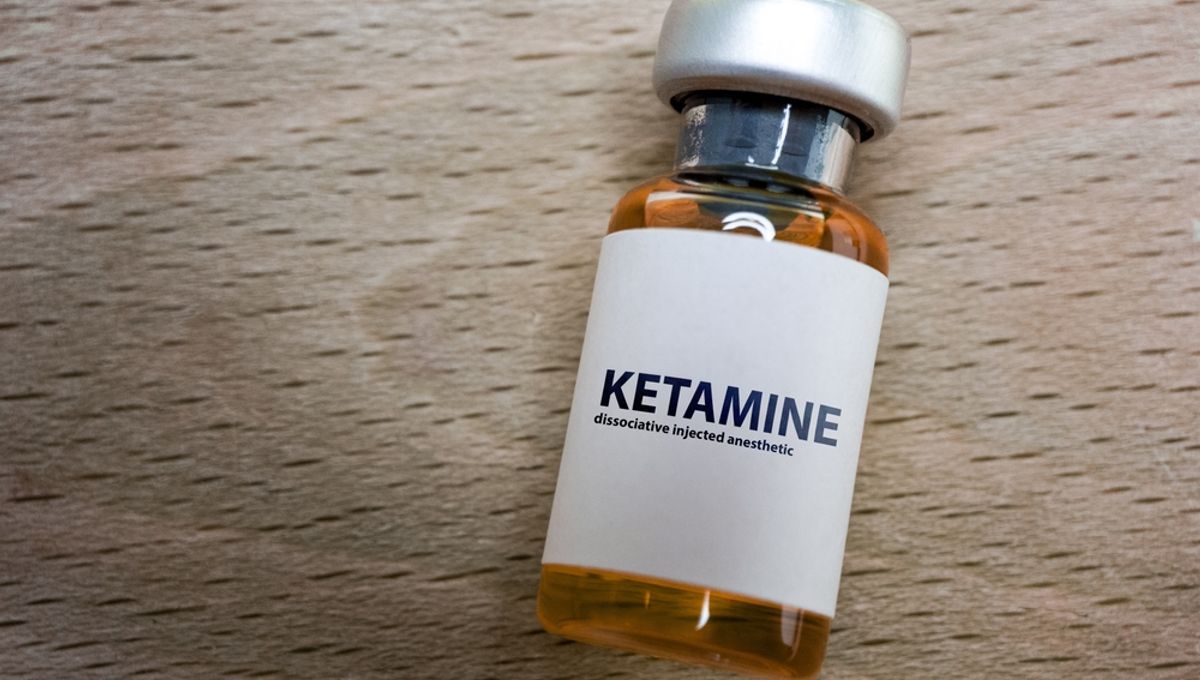
Ketamine is emerging as a promising treatment for depression in adults, with some studies indicating that the drug alleviates mental suffering in as little as 24 hours. Understandably, however, there are concerns over the pediatric use of the drug, although a new review study suggests that repeated doses of ketamine may in fact be safe for kids.
Despite its connotations as an illicit party drug, ketamine has been administered to children in medical settings for many decades. According to the study authors, “ketamine has an outstanding safety profile in children when used as a single-dose treatment, hence its extensive global use for analgesia, anesthesia and sedation.”
However, while the drug has shown huge potential as a treatment for depression, its therapeutic effects are transient, which means repeated doses are necessary. “Thus, there are concerns about the safety of long-term administration of ketamine apropos of the development of tolerance and whether medicinal ketamine use could serve as a gateway into illicit drug use,” write the researchers. “As such, the expansion of studies into pediatric populations has been limited.”
To investigate the safety of giving repeated doses to children, the study authors conducted a systematic review of the existing research on this topic. In total, they identified 87 cases of kids being administered ketamine over extended periods, with the highest number of doses received by a single child being 42.
Overall, they identified no serious adverse reactions. There was also no evidence of children requiring higher doses over time, indicating that none of the kids developed tolerance to the drug.
“The longest follow-up period was 6 months,” reveal the researchers. “There were no long-term consequences (including neurocognitive) reported within this time frame.”
Surprisingly, the study authors found that some children were even able to tolerate doses that were significantly higher than those usually administered to adults. Odd as this may seem, there is evidence to suggest that kids metabolize the drug faster than grown-ups, so such a finding is perhaps less unexpected than one would think.
Ketamine is also associated with a series of alarming side-effects that are collectively known as emergence phenomena. Resembling schizophrenia, these phenomena include delirium and hallucinations, and have been reported to occur in up to 55 percent of adult users.
However, the study authors reveal that “emergence phenomena were not reported in any of the patients in this study, which is consistent with previous reports that this frightening symptom is less common in children than adults.”
Despite the apparent safety of repeated ketamine use, though, some children did experience side-effects. The most common of these was dissociation, which accounted for 48 percent of all adverse reactions. Other negative effects included headaches and nausea, though all such reactions were mild and resolved themselves without the need for medical intervention.
Overall, the researchers say that their findings support the development of large-scale clinical trials into the use of repeated ketamine doses as a treatment for children with depression.
The study is published in the Journal of Psychopharmacology.
Source Link: Ketamine Treatment May Be Safe For Children With Depression